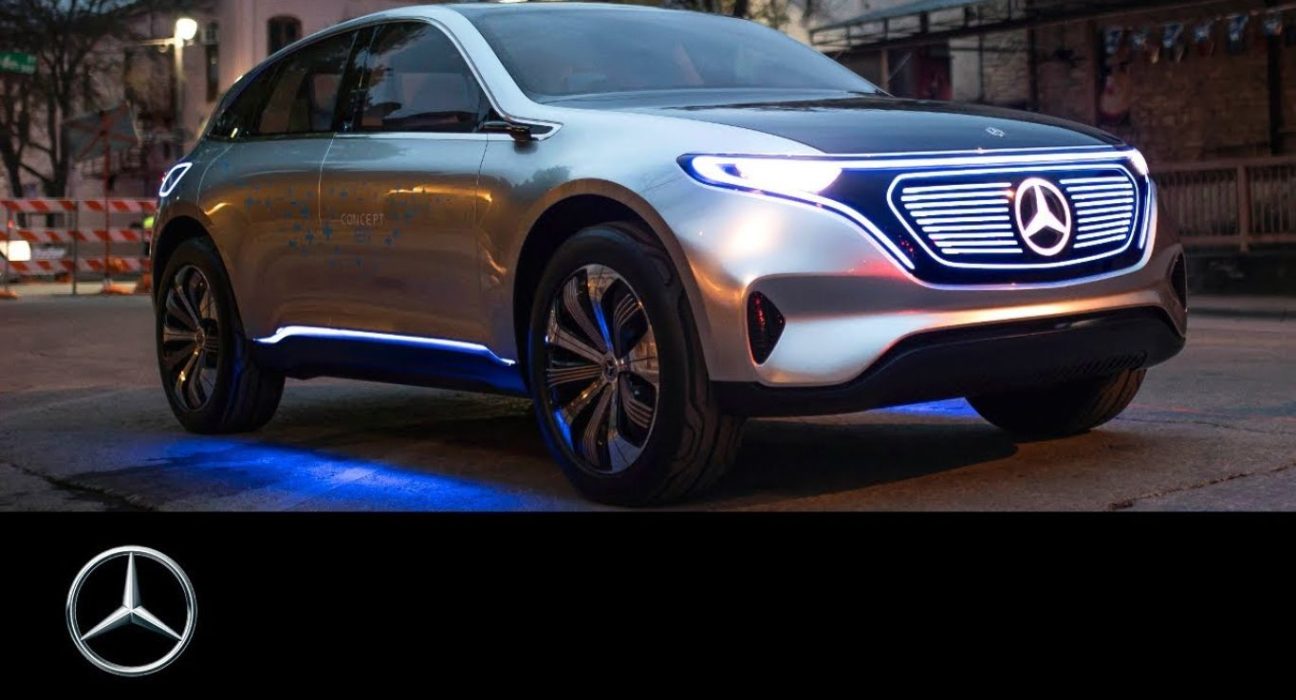Introduction
In the ever-evolving automotive industry, the shift towards electric vehicles (EVs) has become increasingly pronounced. As automakers strive to meet ambitious sustainability goals and cater to environmentally conscious consumers, the production of electric vehicles has taken center stage. However, according to Mercedes-Benz CEO Ola Kaellenius, the road to electric dominance is fraught with challenges, particularly when it comes to variable costs. In this article, we delve into Kaellenius’s recent revelations at the IAA car show in Munich, where he discussed the persistent higher variable costs associated with EVs and their implications for the industry’s future.
Understanding Variable Costs in Electric Vehicle Production
Electric vehicles have long been touted as the future of the automotive industry, promising cleaner and more sustainable transportation. However, one significant hurdle that automakers like Mercedes-Benz face is the issue of variable costs. Variable costs encompass all expenses that vary with the level of production, such as materials, labor, and energy. According to Kaellenius, these costs remain considerably higher for EVs compared to their combustion engine counterparts, a situation that is expected to persist for the foreseeable future.
The Impact of Higher Variable Costs
Higher variable costs in electric vehicle production have far-reaching consequences. These costs include the expense of manufacturing advanced battery systems, electric drivetrains, and other components unique to EVs. As a result, automakers are faced with a conundrum – should they absorb these additional costs or pass them on to consumers?
Consumer Perspective
From the perspective of consumers, the affordability of electric vehicles is a critical factor influencing their adoption. Kaellenius pointed out that it is not feasible to pass on the higher variable costs of EVs to customers on a like-for-like basis. This raises concerns about the affordability of electric vehicles for the average car buyer, potentially slowing down the transition to cleaner transportation options.
Mercedes-Benz’s Commitment to Electric Mobility
Despite the challenges posed by higher variable costs, Mercedes-Benz remains committed to electric mobility. The company recently unveiled its newest electric vehicle architecture, the CLA compact electric sedan, which is set to launch next year. One of the key highlights of this vehicle is its target of achieving 30% to 35% more driving range, addressing one of the common concerns among potential EV buyers – range anxiety.
Competitive Landscape
The persistently higher variable costs in electric vehicle production also contribute to intense competition within the industry. Automakers are not only vying to develop cutting-edge EV technology but also striving to optimize their production processes to reduce costs. This fierce competition has the potential to accelerate innovation and drive down costs over time, making electric vehicles more accessible to a wider audience.
Investing in Sustainability
Despite the financial challenges, many automakers, including Mercedes-Benz, are investing heavily in sustainability and reducing their carbon footprint. The shift towards electric vehicles is seen as a crucial step in achieving these goals. By bearing the burden of higher variable costs in the short term, automakers are paving the way for a greener future and a more sustainable automotive industry.
The Role of Government Incentives
Government incentives and subsidies play a vital role in making electric vehicles more attractive to consumers. These incentives can help offset the higher initial purchase price of EVs, making them a more financially viable option. As governments worldwide commit to reducing greenhouse gas emissions, continued support for the EV industry through incentives is expected.
Conclusion
In the journey towards a more sustainable automotive industry, the issue of higher variable costs in electric vehicle production remains a significant challenge. Mercedes-Benz CEO Ola Kaellenius’s candid acknowledgment of this issue highlights the complexities involved in transitioning to electric mobility. While these costs may persist for the foreseeable future, automakers, governments, and consumers alike must work together to overcome these hurdles and accelerate the adoption of electric vehicles for a cleaner, greener future.










